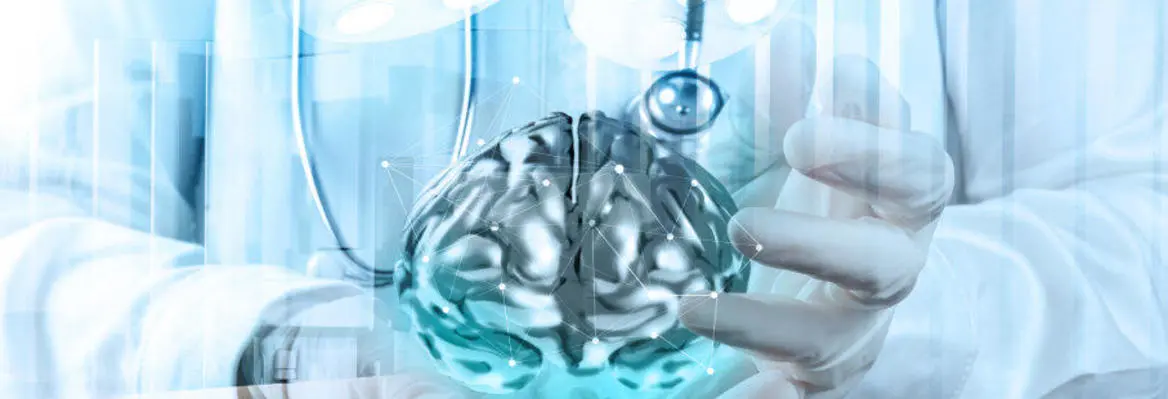Humans are prejudiced. Some more than others, but it would be difficult to find an individual who shows no biases at all. Prejudice is a positive or negative attitude towards a social group, typically based on judgments about race, gender, age, ethnicity, or religion. Prejudice can also be based on diverging ideologies or political perspectives, on different accents, different body shapes, sexual orientation, nationality, location, income, etc. Both in the past and today, we find prejudice all over the world. Most importantly, much prejudice and bias is unconscious or implicit - we don't know just how prejudiced we all are.
So why are people prejudiced? There are many contributing factors, but one key factor is that humans tend to form groups: in-groups and out-groups. Indeed, one could argue that prejudice only exists because of categorisation. If we didn't form groups or see differences, there would be no prejudice. Prejudice may also have had evolutionary advantages. Being distrustful of other groups could have enhanced in-group co-operation, and protected that group from exploitation, free riding or aggressive capture of resources through inappropriate trust.
A second reason for prejudice is the operation of stereotypes: perceived knowledge about a social group. Gordon Allport stated that stereotypes might have a “kernel of truth”, but one which is often misinterpreted, or over-extended, leading to the false belief that we are able to predict an individual's behaviours based on one piece of information, such as ethnicity or religion. However, prediction about an individual's future behaviour statistically increases in accuracy when multiple factors are taken into account, suggesting that individuals who use stereotypes may get a simple but inaccurate prediction.
Prejudice can disrupt social well-being and create social disadvantage for the minority group. For example, discriminated-against individuals suffer significantly more physical and mental health problems (such as cardiovascular diseases, or depression). And indeed, prejudice can also contribute to war, conflict, crime, and murder, and even genocide as occurred in the holocaust during the 2nd World War.
___
"Maybe in the future, biological enhancements will help us unlearn prejudice, which in a global world represents an existential threat."
___
Social psychologists have long studied mechanisms which might help to reduce prejudice. As far back as 1954, Allport developed the contact hypothesis, which suggests that contact between the different groups can reduce prejudice and discrimination. A recent meta-analysis of over 500 studies found that intergroup contact had a reliable effect on reducing prejudice. More recently, however, it was determined that quality of contact was also essential. Unsurprisingly positive intergroup contact was found to reduce prejudice whilst negative contact increased it.
More recently, research has begun to uncover the possibility of a biological contribution to our bias and prejudice. This raises the prospect of whether social interventions (like positive contact) are alone sufficient and whether biological alterations could be key to reducing prejudice. Tantamount to a form of moral bioenhancement, this would represent possibly history’s greatest paradigm shift in terms of how we think about morality.
In one of our studies we wanted to determine if emotions, such as fear and aggression, might play a role in unconscious prejudice and subsequently how we might chemically adjust them. To reduce emotional arousal, we used beta-adreno-receptor blocker propranolol, which has been found to not only reduce high blood pressure but also symptoms of acute anxiety. In this study, participants either received a single dose of placebo or propranolol before completing the implicit association test (IAT), a measure of assessing levels of implicit biases.



















Join the conversation